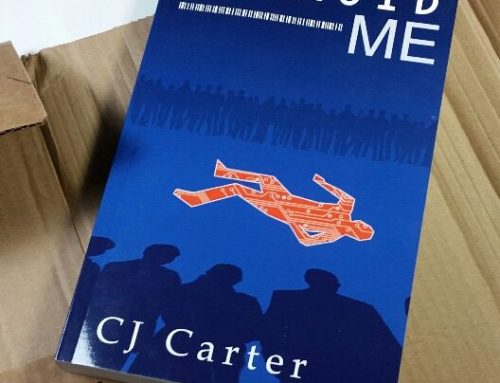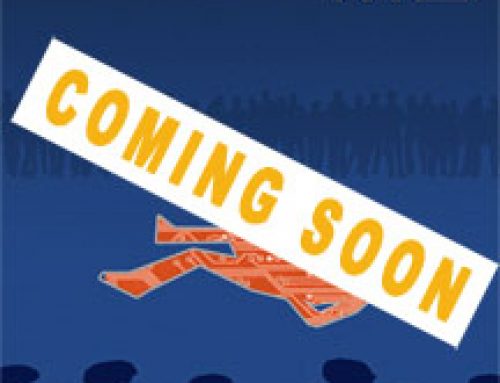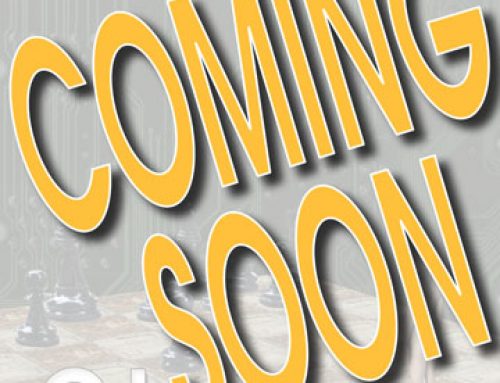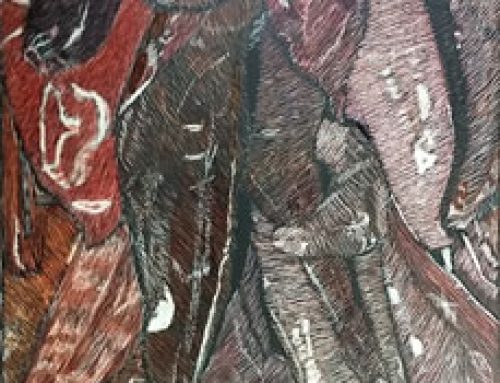I finished the first draft of the latest SF novel at the end of this summer, and was faced with the always daunting task of going through the text to figure out what does and doesn’t work, find the continuity errors, etc. This time, my characters were spending a good couple of years jumping around various places on their world. Sometimes with machines that go fast, sometimes on foot, and sometimes in the water. Needless to say, this is a major continuity headache.
Before you ask–yes, I did do a lot of prep work before I started writing the draft. But once I start that first draft, I don’t worry about the notes (well, almost never) until I’m done. I don’t want my own preconceived ideas to muck up the natural flow of the story. Unfortunately, that means I do go off-text a bit in regards to the notes (not as much as you’d think), and continuity problems do creep in.
In the past, I’d sit down with pencil & paper or keyboard & screen (depending on my mood), and work it out. This time, however, I thought there might be a better way.
Enter the wonderful world of wiki. I tried several installations of wiki software to test them to the suitability of the task. As I didn’t want to be dependent on an Internet connection to do this work, I needed something that wouldn’t be too much of a headache to have installed on my PC. Though it has its flaws, in the end I settled on Instiki.
I’ve got to say that for something that is as involved as SF tends to be–with its new worlds, various aliens, and whatnot–the wiki approach has been a major improvement. After going through the novel and inputting all of the data that’s in the story (characters w/ bios, sets, measurement standards, geography, lanugage phrases, etc.) I now have a nice little encyclopedia of my invented universe.
But wait…there’s more.
The nature of wiki is that it makes it easy to link up various topics as well as to edit. The linking is very convenient, but it’s the easy editing that makes this all work. Those continuity errors can now be quickly fixed, and still as easily accessed as any other topic in my story’s encyclopedia.
So, to writers who are willing to devote a few hours getting used to using a wiki and seeing what it can do for them, I strongly recommend this new story structure tool. For those of you who recognize that writing is 98% craft (i.e. lots of nuts-and-bolts hard work), I think you’ll like it.





